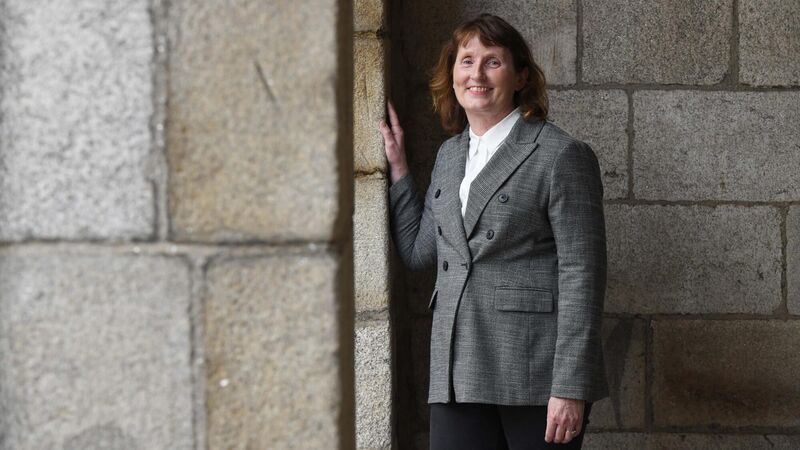Workplace Wellbeing: How to shine at your job interview

Deirdre Mc Carthy, founder of flit.ie which helps women increase their financial literacy. Photograph: Moya Nolan
DEIRDRE McCarthy is an IT project manager from Carlow, who is currently setting up a new business aimed at enhancing women’s financial literacy.











